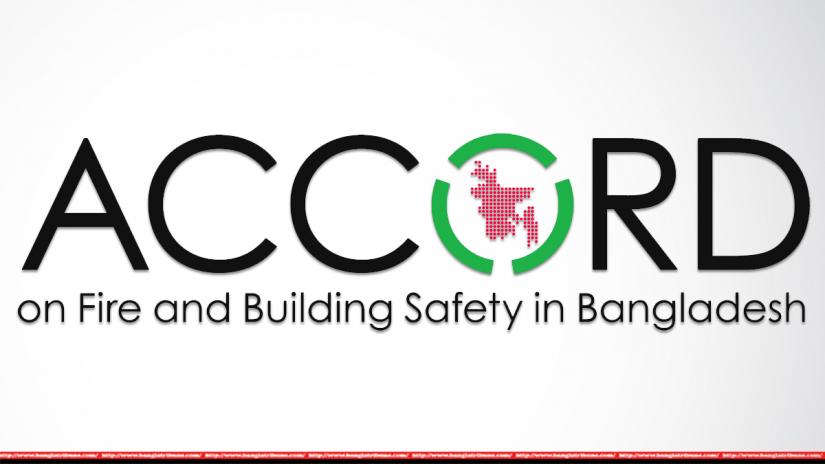 Global investors with assets worth 3.1 trillion US dollars have urged Prime Minister Sheikh Hasina not to abandon a factory safety accord they had signed in the aftermath of the deadly Rana Plaza Building collapse five years ago.
Global investors with assets worth 3.1 trillion US dollars have urged Prime Minister Sheikh Hasina not to abandon a factory safety accord they had signed in the aftermath of the deadly Rana Plaza Building collapse five years ago.
“We call on the Prime Minister of Bangladesh, Sheikh Hasina Wazed, to signal strong support for allowing the Accord on Fire and Building Safety in Bangladesh to continue its work to make factories safe for workers in the garment sector until the government has the capacity to do so,” says the statement signed by top global brands.
According to the statement and a letter signed by 190 investors, the Bangladesh Government has stated that the Accord should only be allowed to continue operations under a set of highly restrictive constraints that include prohibiting Accord inspectors from identifying any new safety violations in the factories.
“The Bangladesh government is trying to prevent the Accord from operating, putting workers’ safety at risk,” it says.
The agreement, the Accord on Fire and Building Safety in Bangladesh, was signed between global brands and retailers and trade unions in May 2013 after the building collapse that led to the death of more than 1100 workers.
It provides independent, rigorous factory safety inspections and mandatory repairs and renovations underwritten by Western retailers.
The initial five-year pact was set to expire in May 2018 but its signatories agreed to extend it to 2021 to address remaining safety concerns, while the Bangladesh government set up a national regulatory body to take over its work.
A High Court in Bangladesh in May 2018, however, ordered the Accord to shut down by Nov. 30, following a petition filed by a local readymade garment supplier against the pact.
The group submitted an appeal to the Supreme Court that’s expected to come up for hearing on February 18.
The investors have expressed concern that ending the work of the Accord would be “too risky for Accord signatory companies to continue to source from unsafe factories lacking a credible and effective regulatory system”.
“A strong, effective Accord is needed to finish the job to remediate all safety issues in the 1600 factories that are part of the Accord program and not allow the hard-earned gains to slip away,” says the statement.
The Bangladesh government has been pushing to be allowed to take over the inspection of the around 1,650 factories covered by the Accord and it maintains that its industry has now become safer than those of its competitors in Vietnam, China and India.
It has the world’s second-largest garment industry, behind China, with some 4,000 factories employing about 4 million workers and exports more than $30 billion worth of clothes a year, mainly to the United States and Europe.
Research suggests that the Accord and another international agreement, the Alliance for Bangladesh Worker Safety, have together overseen dramatic safety improvements in more than 2,300 garment factories in the country. Deaths across the sector have fallen in the past five years from about 71 per year to 17.
The government, however, now feels strongly that its national regulatory body, the Remediation Coordination Cell, is capable of doing the job.


